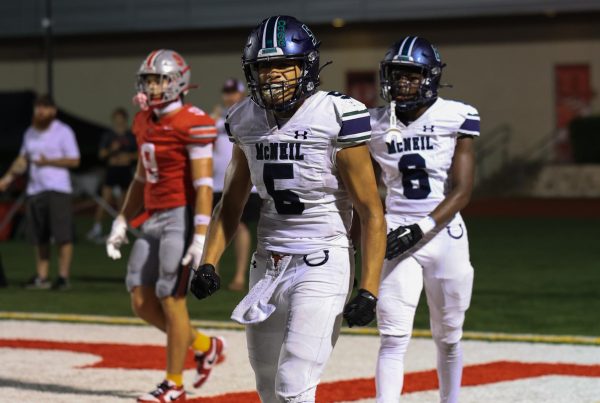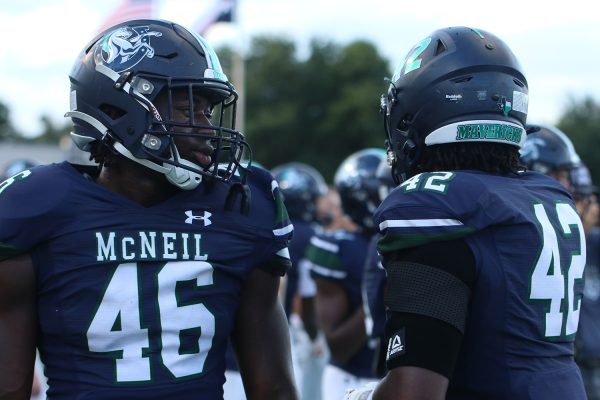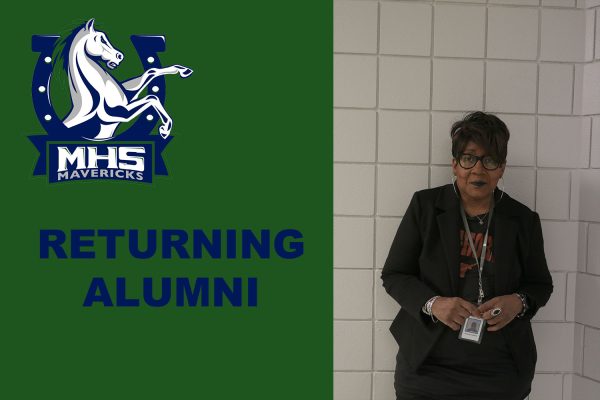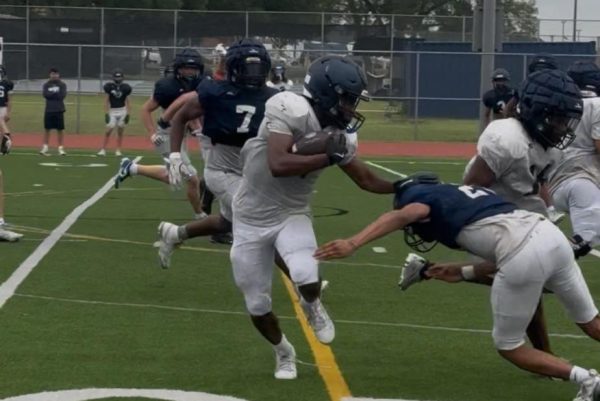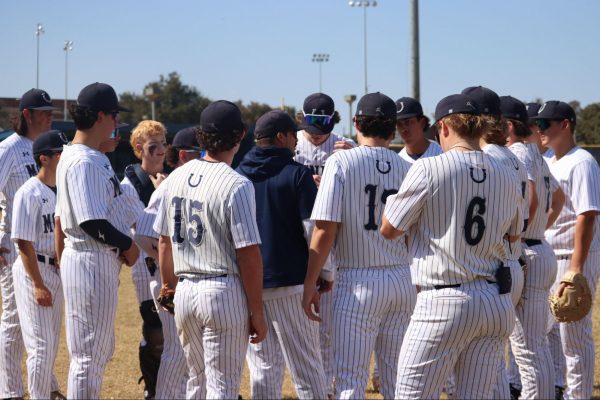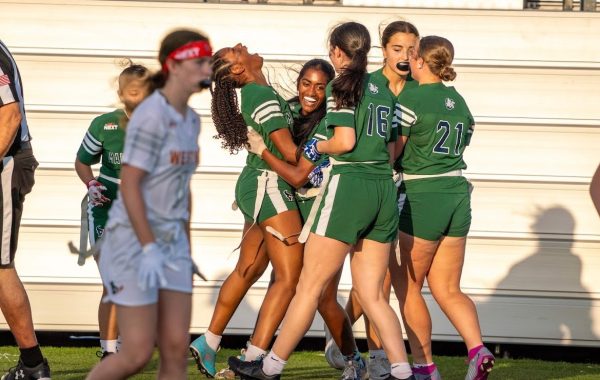Here We Go Again
The XFL’s second stint, and what it can do so it won’t fail this time
As we come nearer to the end of the 2019-20 National Football League (NFL) Season, a new Springtime football league will be starting up. The XFL (In which the “X” stands for nothing), will attempt to be an alternate football experience to the NFL. But this isn’t the first time the XFL has attempted to be a thing. In 2001, the original XFL was created. However, despite a strong start, the original league would face many problems and fold (cease operations) following one season. Now, in 2020, 19 years after the original league’s blunders, the new XFL will attempt to be the first “true” competitor to NFL football. Let’s go over why the original league failed, and what the new league can do to avoid the failure of the 2001 XFL.
Why the old league failed
To say there were numerous reasons the old XFL failed would be an understatement. Some of the things, the league itself had no control over. So let’s go over the major ones.
- Too many connections to the WWE- The original league was a joint venture between World Wrestling Entertainment (WWE) and the National Broadcasting Company (NBC). Together, Vince McMahon (WWE owner) and NBC each contributed $50 million to the newly formed XFL. The league itself was spearheaded by McMahon, and a direct spinoff of the WWE. So, unsurprisingly, the league had a lot of WWE influence. From unnecessary roughness being permitted during games, to WWE personalities calling the games, to the general “menacing” atmosphere, and commercials and so many more things, the football contest felt more like wrestling than football. That was what killed it for many fans.
- The media seeing it as a joke- Despite the XFL being widely advertised, local news stations in XFL team cities rarely reported on the highlights or scores of the games. A February 2001 edition of Sports Illustrated Magazine showed XFL on its cover, but it trashed the league with the title of “Cheap Thrills- Will sleazy gimmicks and low rent football work for the XFL?” The media showing the league as a joke while it was still attempting to grow sure didn’t help its situation.
- Lack of NFL-level talent- the league wasn’t able to match the money that NFL franchises could pay high skilled players. As a result, the XFL had to settle for rookies the NFL teams skipped over.Older players way past their prime and players who just simply weren’t as good as NFL players. It showed, and the fans noticed too. As a result, play was often sloppy, and just not fun for those at home to watch. This is a big reason that TV ratings and viewership went from 14+ million viewers for the inaugural XFL game, to less than 500,000 for the combined 4 games the final week of the regular season.
- Loss of NBC- Following the conclusion of the first XFL Season, NBC, who had pledged to air 2 full XFL seasons, pulled out of their group contract with the WWE. The WWE and Vince McMahon could not find a TV replacement for NBC, and as a result, the League ceased operations.
What the new league can do to stay afloat
The XFL isn’t the first league to play during the spring months. There have been multiple other leagues that have also met the same fate as the original league did in 2001. Most recently, it was the Alliance of American Football (AAF), and the XFL can also learn from the AAF’s, who didn’t even complete an entire season- failures.
- Be a feeder league to the NFL- whilst the NFL would, most likely, never do something like this, it has been said by many, many sports experts and fanatics alike that “a spring football league would only succeed if it were a feeder league to the NFL, with direct funding from the league.” What this essentially means is if players were on NFL Practice squads, if they recently suffered a major injury or if they went undrafted/weren’t picked up as a free agent, they could go to the XFL. In the XFL they could still get playing time and allow NFL teams to see just what these players are made of. NFL teams could then send players back and forth between the two leagues as they please. Think something like this wouldn’t work? Well, all the other major North American Pro sports leagues (MLB, NHL & NBA) all have feeder leagues. In fact, there are three feeder teams right here in the Austin area:
- The Round Rock Express baseball team- feeder to Major League Baseball’s Houston Astros
- The Texas Stars Hockey team- feeder to the National Hockey League’s Dallas Stars
- Austin Spurs Basketball team- feeder to the National Basketball Association’s San Antonio Spurs
So these feeder leagues do work, and they have for a long time. All the XFL needs to do is get a contract with the NFL to be the official feeder league. However, that’s easier said than done. The NFL has been around for 100 years, and they’ve never had an official feeder league. The AAF last year had built themselves around being a feeder league to the NFL, unlike all the other failed Spring Football Leagues. For this reason, the AAF maintained good ratings and had a solid start to their season. Despite this, they still failed, which brings us to the second thing the new XFL can do to survive.
- Maintain steady cash flow and keep their investors- one big problem the AAF had was maintaining their cash. The league had decent attendance figures throughout the season, and money from their television contracts were alright, but they lost their major investors twice during the season, and when it happened the second time, they ceased operations. So, as long as the XFL keeps cash coming in, (a good source could be from the NFL if they contract them in as a feeder league) they will succeed.
Other than that, the XFL simply needs to keep good attendance figures up and appeal to the fans. The new XFL is completely different from the original XFL. According to an ESPN.com article, the new XFL will be ‘gimmick free.’ So with just a few days now until the new XFL kicks off its 2020 season, we shall see if the league will live to be an NFL feeder league, a new pro-football experience or if it will meet the same fate that so many spring football leagues have met.
Your donation will support the student journalists of McNeil High School. Your contribution will allow us to purchase equipment and cover our annual website hosting costs.




